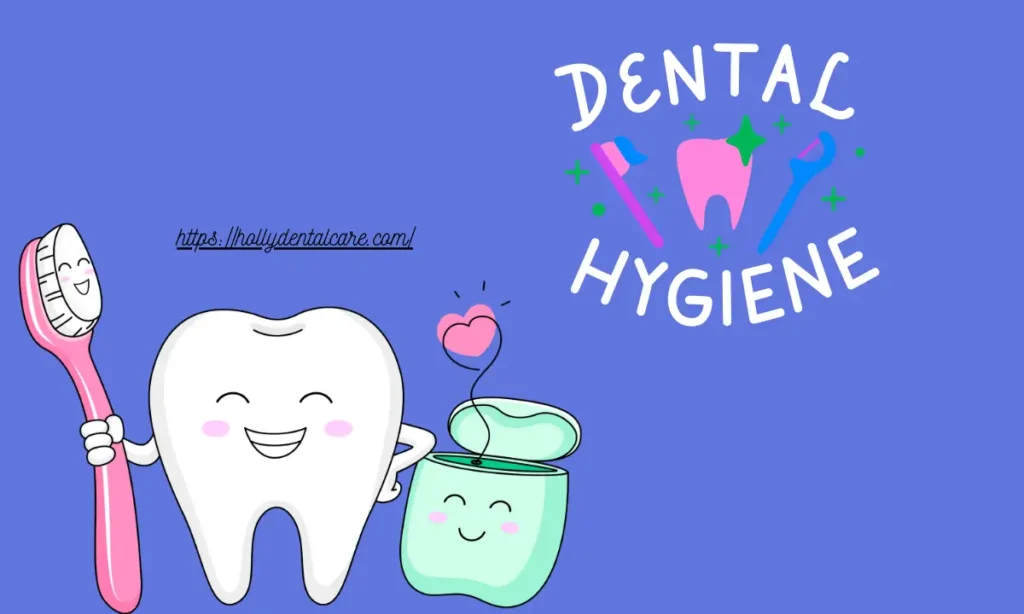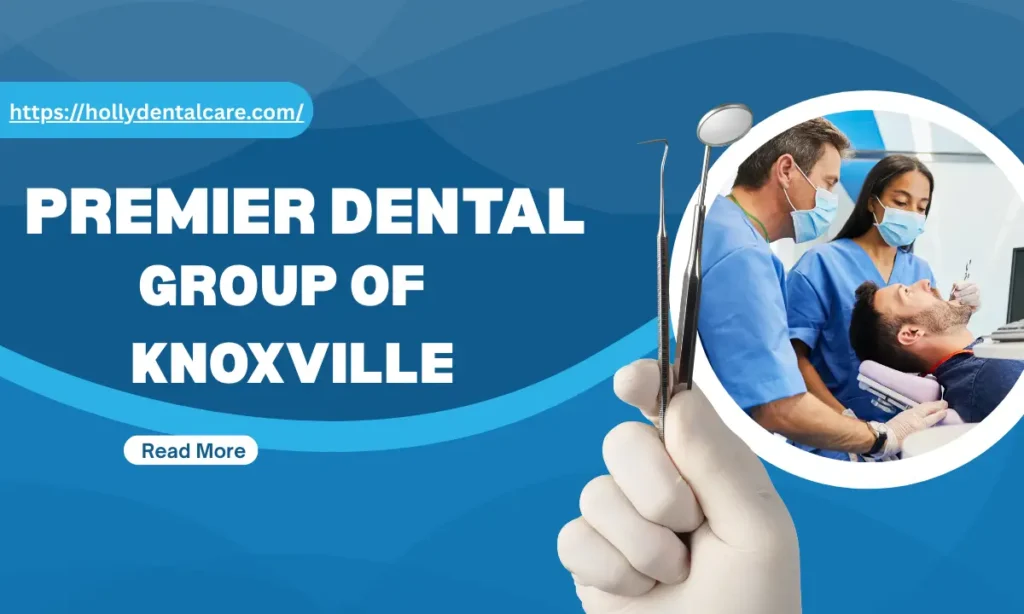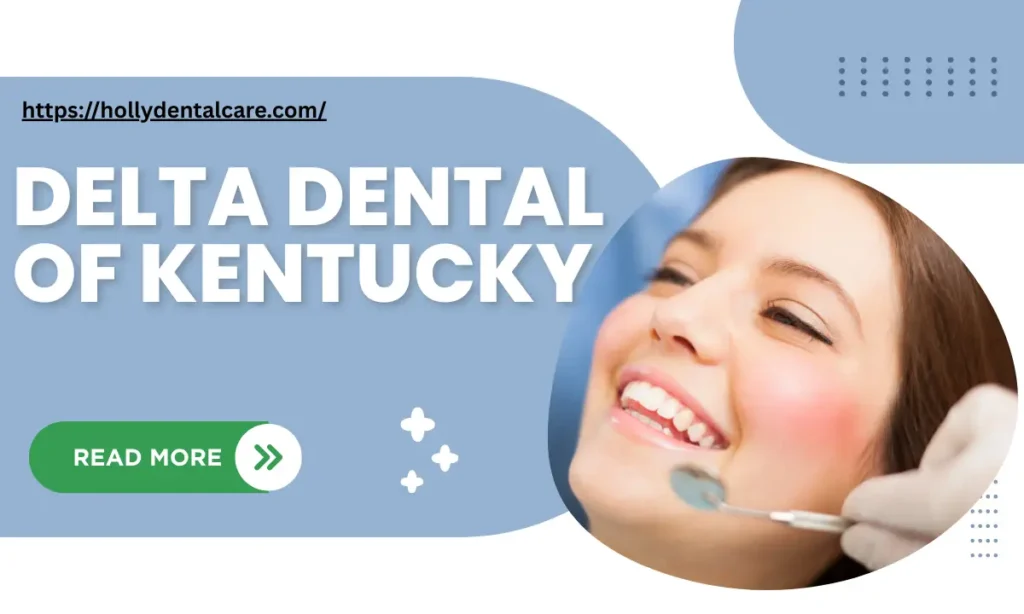Keeping teeth, gums and oral health in a good condition requires dental hygiene tips and suggestions as one of the most essential approaches. It is a fact that good oral hygiene will prevent the occurrence of dental problems that are cavities, plaque buildup, and gum diseases besides delivering to you good breath and a confident smile. The mouth has often been called the window to the body; therefore, the use of good dental hygiene tips can be very helpful in reducing the chances of systemic diseases such as the heart condition, diabetes, and infections.
Benefits of Good Dental Hygiene
- Herein, it prevents cavities and tooth decay.
- Also, it lowers the chances of gum diseases like gingivitis and periodontitis.
- In addition to these benefits, it keeps the breath fresh and contributes to the control of halitosis.
- Besides, prevention is the major way that through the usage of fluoride the enamel gets strengthened.
- Consequently, it becomes a tool to avoid cases of tooth loss at an early age.
- Additionally, it makes the individual have a brighter and whiter smile.
- At the same time, it is a measure that tends to reduce the possibility of infections in the respiratory tract through the adequate control of the bacteria present in the oral cavity.
The Foundation of Dental Hygiene
- First of all, brushing is a basic means of proper dental hygiene, however, most people do it in the wrong way.
- Soft-bristled toothbrushes at a 45° angle with gentle circular motions should be used.
- Besides that, even surfaces outer, inner, and chewing should be cleaned.
- Moreover, the tongue should not be neglected; brushing or scraping gets rid of the bacteria that cause bad breath.
- Most importantly, at least 2 minutes, twice daily, should be the time for brushing.
- As a matter of fact, electric toothbrushes might be more efficient than manual ones in plaque removal.
- Besides that, to get the back teeth comfortably, a small head size should be selected.
The Often-Neglected Step
- Brushing only cleans around 60% of the tooth surfaces; however, flossing is able to get to the rest of the areas that are between the teeth and below the gums.
- Firstly, the right way of flossing would be with a piece of floss of about 18 inches, mostly wrapped around the middle fingers.
- Then, insert the floss between the teeth slowly with the help of the back-and-forth movement.
- Moreover, mould the floss into a “C-sharp” while it is still against the tooth and rap it around the tooth along with the up and down movement.
- Meanwhile, do not hit the floss forcibly against the gum as it might cause an injury.
- On the other hand, floss picks may be easier to use, but they are not as efficient as floss in tight spaces.
- Likewise, water flossers can employ a water jet to eliminate debris—perfect for braces and implants.
Diet and Nutrition for Oral Health
Foods to Avoid
- First of all, sugary foods and drinks provide fuel to bacteria that produce acid which eventually will create cavities.
- Like toffee, caramel, and gummy bears sticking to teeth is one of the things that cause decay of the teeth, more specifically, the decay of the teeth by sticky candies.
- Moreover, the acid found in drinks such as soda, fruit juices, and sports drinks is the cause of the slow enamel erosion.
- What’s more, excessive snacking offers bacteria a continuous feast which results in an increase of the formation of plaque.
Foods to Include
- The main source of energy for bacterial acid production is the sugar in your diet,
- Hence eating sugary foods and drinking sugary drinks will eventually lead to the development of cavities.
- In fact, one of the ways that decay can develop is by these sugary products of the mentioned types sticking on your teeth.
- Likewise, consuming drinks such as soda, fruit juices, and sports drinks will result in the erosion of enamel with time.
- Moreover, the consumption of the foods that come from the family of the leafy greens provides the body with calcium, folic acid, and minerals that are very necessary for the health of the gums.
- Besides, the consumption of green tea is beneficial as the polyphenols produced during its metabolism are the ones that prevent the growth of bacteria harmful to mankind.
- Eventually, one of the functions that water
Habits That Harm Dental Hygiene
- First of all, nail biting may result in chipped teeth and worn enamel.
- In the same way, teeth as tools to open a bottle or tear a package most of the time leads to the occurrence of cracks and fractures.
- Moreover, bruxism (teeth grinding) is one of the main causes of tooth wear, tooth fractures and even can develop jaw problems.
- Furthermore, smoking and tobacco usage do not merely discolor teeth but also are the reasons that gingivitis and oral cancer possibilities are getting higher.
- Lastly, overdrinking excessively loses the mouth and therefore decreases saliva production, at the same time, it also keeps surfacing the possibility of oral cancer.
Dental Hygiene and Systemic Health
- Diabetes: A vicious cycle starts from bad oral hygiene. Blood sugar level gets out of control, while gum disease feeds diabetes complications.
- Heart Disease: Mouth bacteria, along with other types of bacteria, may lead to artery inflammation and thickening caused by plaque.
- Pregnancy: The presence of gum disease among pregnant women increases the chance for premature birth and low birth weight babies.
- Respiratory conditions: The oral bacteria that are inhaled into the lungs are the cause of the lungs getting infected fast whenever one has pneumonia or chronic lung disease. In more serious cases involving asbestos-related illness, patients may be referred to specialized mesothelioma treatment centers for comprehensive care and support.
Routine for Ideal Dental Hygiene
- The day can be initiated by brushing the teeth with fluoride toothpaste as it helps in the removal of the plaque that was formed overnight.
- After that, rubbing with floss is necessary as it aids in cleaning the areas that a toothbrush cannot get.
- Moreover, if you forgot to floss in the morning make sure that you do it at night for a complete cleaning.
- Lastly, refrain from late-night snacking as food residues in your mouth can be a good environment for cavities during sleep.
Conclusion
Dental hygiene tips is the basic preventive measure against cavities and a daily habit that looks after your teeth, gums, and the rest of your body. The four main supports of healthy smiles that last a lifetime are brushing properly, flossing, eating a healthy diet, and taking care of yourself professionally. Using the most effective oral care regimens and making them your daily routine, you are able to avert numerous dental problems that might require painful and expensive treatments, lower the level of self-esteem, and be a source of general health status. The road to a dazzling smile is made with small, frequent habits and the sooner you make its first step the better it will be for your whole life.
Also read:- Timeshealthmag com: Health Tips, Wellness & Lifestyle



